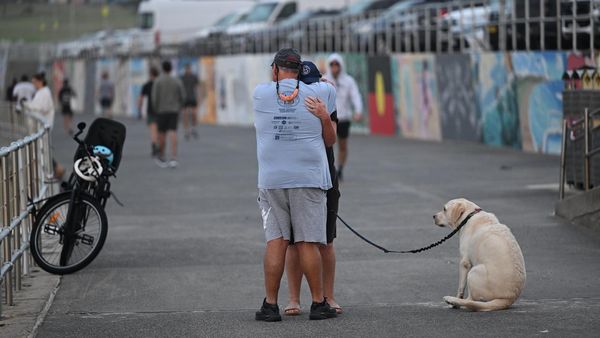
Ministers have announced a rapid review of guidance to landlords about health risks from damp and mould after the death of two-year-old Awaab Ishak.
The housing and health secretaries, Michael Gove and Steve Barclay, said new guidance would be published by the summer with the UK Health Security Agency involved in the review.
The move comes after the coroner for north Manchester, Joanne Kearsley, last November instructed ministers to take action “to prevent future deaths” after she concluded the toddler’s death was caused by prolonged exposure to mould in his parent’s flat rented from Rochdale Boroughwide Housing, a social landlord.
This week it emerged that two other young children living in a mouldy council flat in Greenwich have been hospitalised with lung problems. The council confirmed it had carried out works on leaks at the property in 2021 and more recently and had now “medically reprioritised” Charlotte Green’s family for a new home.
Reforming tenant rights is becoming an increasingly pressing political priority. The 2021 census this month showed the number of households renting has more than doubled in the last two decades in England and Wales, as homeownership rates fell. Five million households are now private renting – equivalent to one in five – up from 3.9 million in 2011.
But in 2021 almost one in four private rented homes were rated non-decent, with one in 10 suffering a damp problem, according to the English Housing Survey.
Following her damning inquest into Awaab’s death, Kearsley told Gove and Barclay in November that the government’s 16-year-old housing safety rating system did not reflect the known health risks posed by damp and mould.
She also found private renters do not have access to the housing ombudsman to have complaints investigated independently and said it was wrong that social housing landlords so often waited for agreement from tenants or their lawyers before fixing faults.
More than 170,000 people have signed a petition calling for an Awaab’s law that would give landlords 14 days to carry out inspections on damp and mould and seven days to start repairs if a medical professional deems there is a health risk.
Gove said on Friday: “We will work closely with Awaab’s family to deliver tougher laws on damp and mould.”
In its formal response to Kearsley, the government also said a new private rented sector landlord ombudsman would be created and it will deliver a new policy on tackling serious hazards in the social rented sector, with time limits on landlords investigating problems and acting where there are health concerns.
“Awaab Ishak’s death was a tragedy, which shone a light on the appalling conditions that can exist in the social housing sector and we must do all we can to ensure it never happens again,” said Gove. “We have already taken tough action against failing landlords – blocking Rochdale Boroughwide Housing from receiving taxpayers’ money to build new homes until it can prove it is a responsible landlord and warning others that they will face similar consequences unless they dramatically raise standards.”
He said: “Our social housing bill will strengthen the powers of the regulator to ensure tenants are listened to and their concerns dealt with quickly and fairly, with unlimited fines for failing landlords.”







